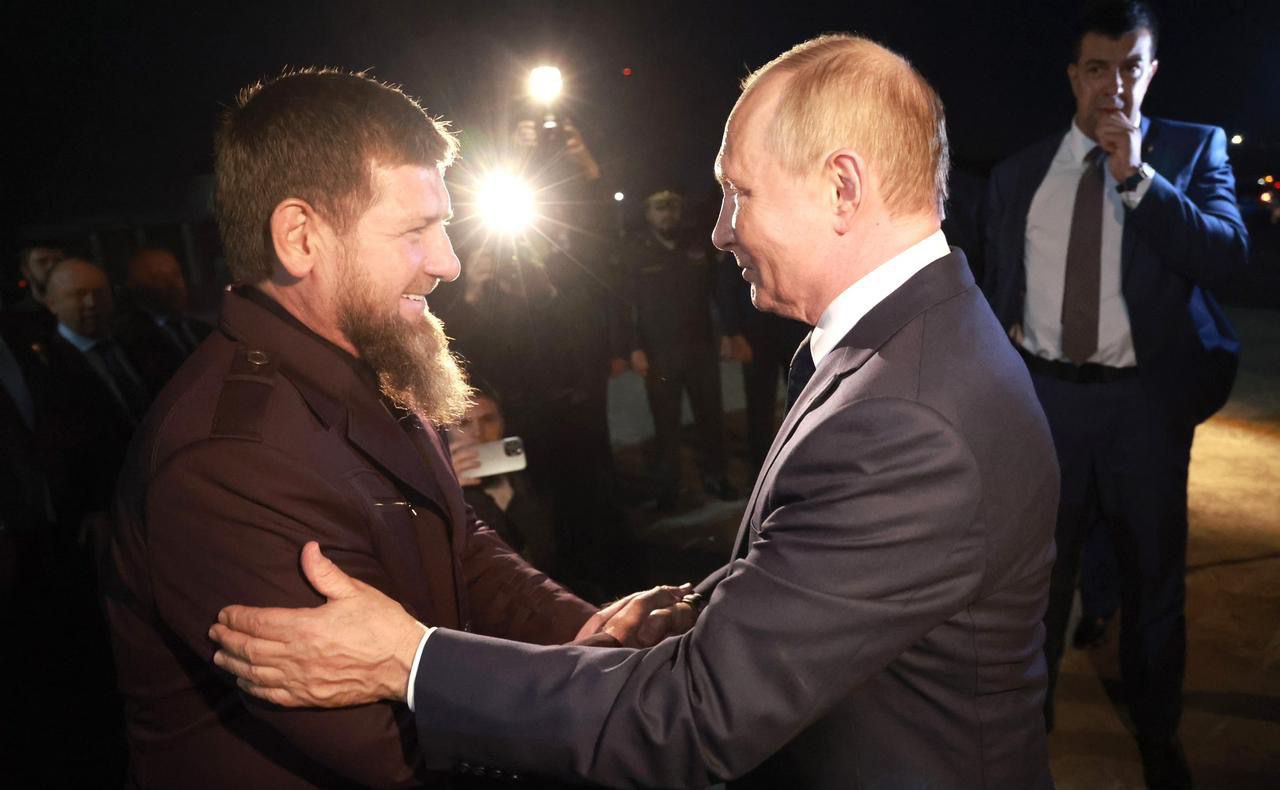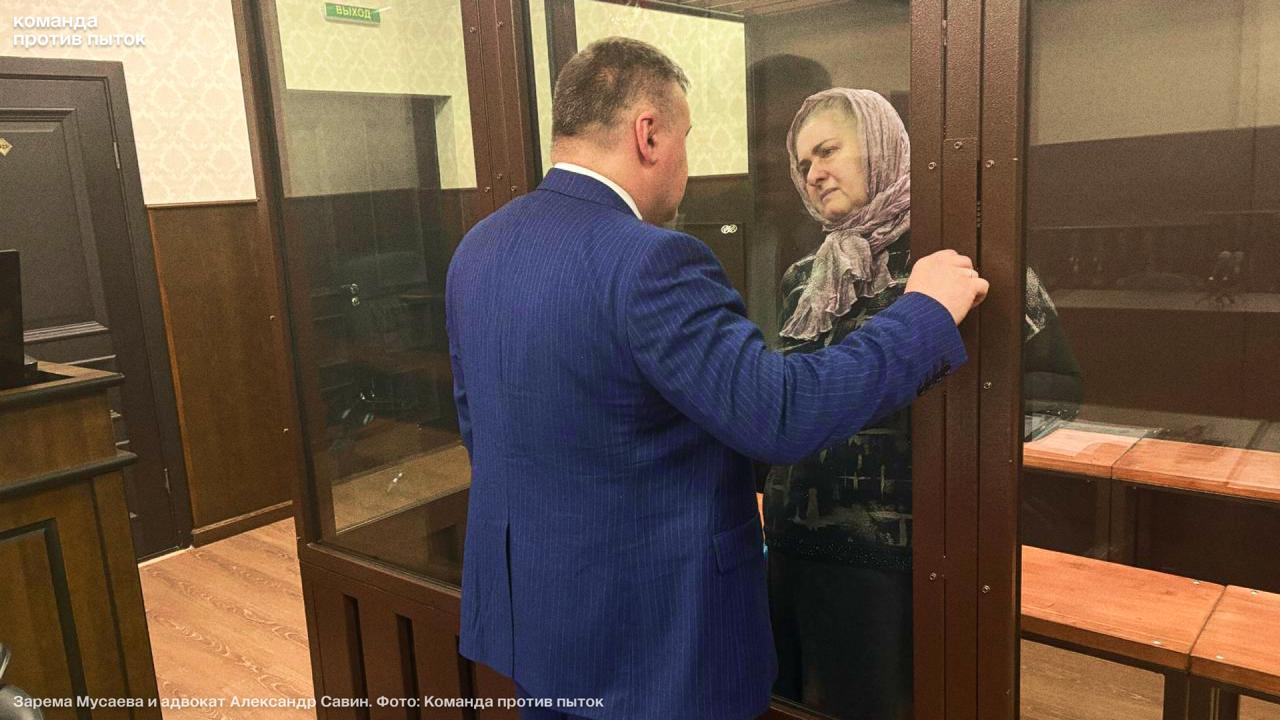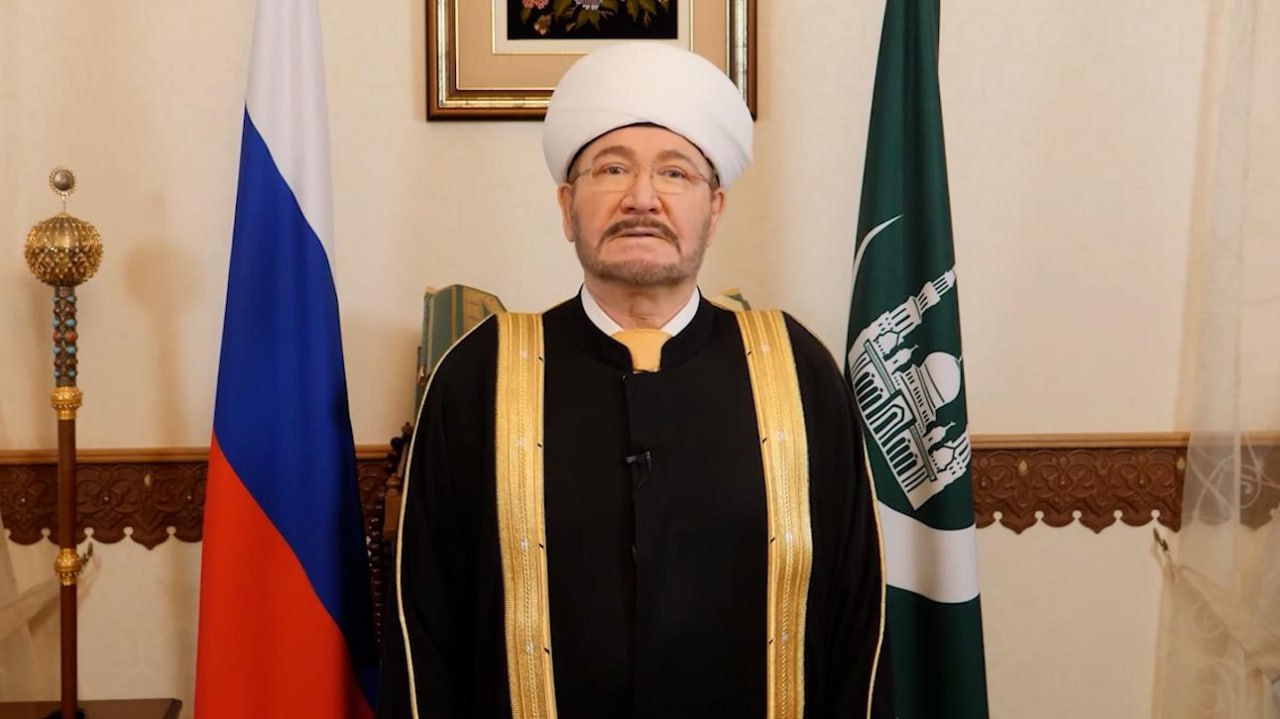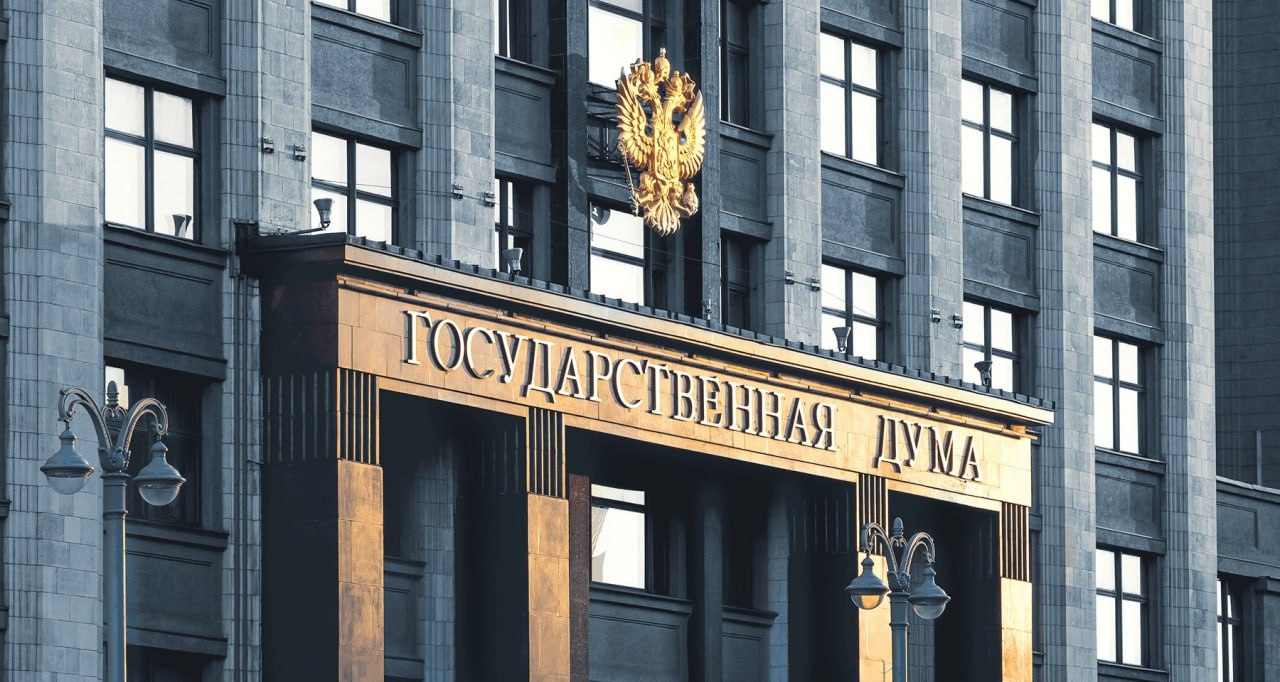The head of the Chechen Republic, Ramzan Kadyrov, announced his readiness to participate in the upcoming elections for the head of the region, subject to the support of Russian President Vladimir Putin.
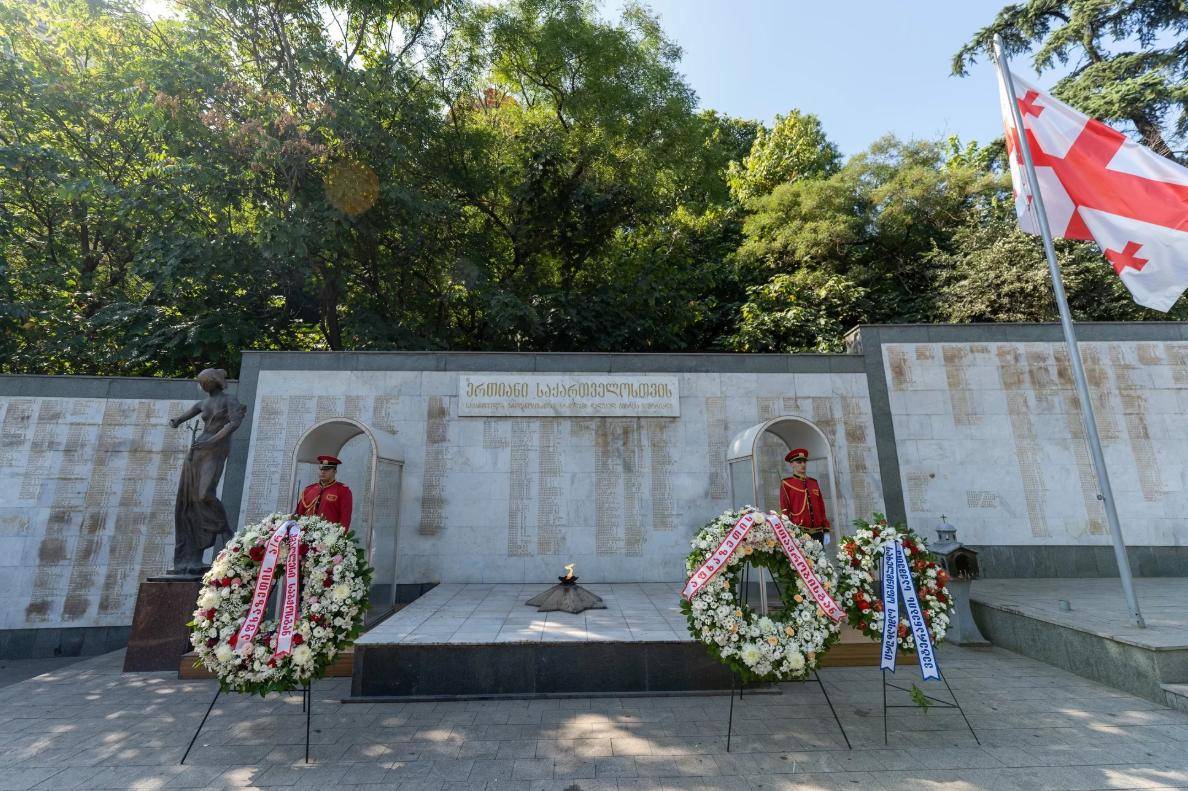
Today marks 33 years since the start of the bloodiest war in Georgia's modern history. Commemorative events are taking place across the country. In the morning, veterans, family members of the victims and activists gathered at the Heroes' Memorial in the center of the capital. The memory of the victims of the conflict was honored by members of the Abkhaz government and the Supreme Council in exile, Deputy Minister of Defense of Georgia Grigol Giorgadze and Deputy Commander of the Armed Forces, Chief of the General Staff Major General Johnny Tatunashvili.
On August 14, 1992, units of the National Guard and Police of Georgia entered the territory of the Autonomous Republic of Abkhazia. The decision was made by the State Council of Georgia by a majority vote.
The official reason was the need to protect the section of the Russian-Georgian railway Sochi-Ingiri, where Georgia suffered significant losses due to frequent robberies. A few hours after the Georgian troops entered, the so-called Abkhaz Guard opened fire on them. The separatists were supported by Russia.
The Georgian National Guard advanced towards Sukhumi. The prerequisite for the conflict was the declaration of independence of the region by the local authorities of Abkhazia on July 23, 1992, which meant the rejection of the Constitution of Georgia and sharply exacerbated relations with the central government.
The confrontation, which began on August 14, quickly escalated into a war that lasted 13 months. The fall of Sukhumi occurred on September 27, 1993. Before that, the parties negotiated with the participation of Russia: on July 27, the Sochi Agreement was signed, which the Abkhaz side subsequently violated.
From August 1 to 20, 1993, the Georgian side fully complied with the agreement: it left only two observation posts on the Gumista River, began disbanding battalions and withdrew heavy equipment towards Poti. On September 16, 1993, Russian-backed separatists violated the Sochi Agreement and, with the assistance of Russian troops, launched a massive offensive against the virtually unarmed Sukhumi.
On September 27, 1993, with the support of Russian forces, North Caucasian Confederates and mercenaries, Abkhaz separatists captured Sukhumi. By September 30, they had occupied the entire territory of Abkhazia.
The conflict left thousands dead or missing, and more than 300,000 refugees.
One of the most popular Georgian bloggers, Giorgi Cyxymu Jakhaia, noted in his Facebook post that “this was the first hybrid war of Russia against Georgia, according to its templates since 2014 Russia waged a war against Ukraine, with the difference that only the terms changed, instead of Basayevites, the Kremlin used Kadyrovites, instead of Cossacks they used the term “vacationers” and “they’re not there”, everything else was like ours.”
According to him, the war was organized by three entities, each of which pursued their own personal goals.
“Yeltsin wanted Georgia to return to the bosom of Russia, to join the CIS, Shevardnadze wanted to divert attention from Tbilisi and transfer it to Abkhazia, and Ardzinba sought the independence of Abkhazia,” the blogger explained.
